NHS at 70: Meet the LGBT staff leading the health service’s diversity movement
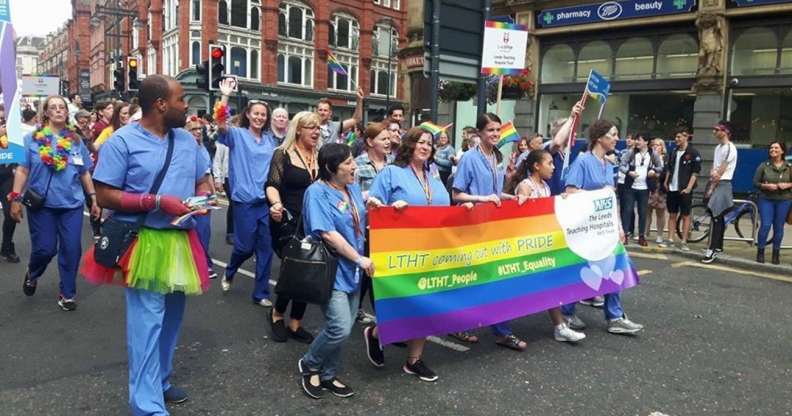
(Facebook/Leeds Teaching Hospitals NHS Trust)
Despite being founded at a time when it was illegal to be gay in the UK, the National Health Service (NHS) has grown with the British population to become one of the most inclusive workplaces in the country.
Our beloved NHS is celebrating its 70th birthday this month, prompting many of us to reflect on the positive contribution it has had on our lives.
Today many of its staff feel able to be open about their sexuality and gender identity in the workplace.
The NHS serves a diverse population and this diversity is reflected amongst its healthcare professionals – LGBTQ+ staff members forming an important part of the workforce.
PinkNews spoke with a handful of clinical staff who are caring for the Great British public with pride.
Dr Ronx
Emergency medicine doctor, public speaker, mentor and recently a kids TV presenter
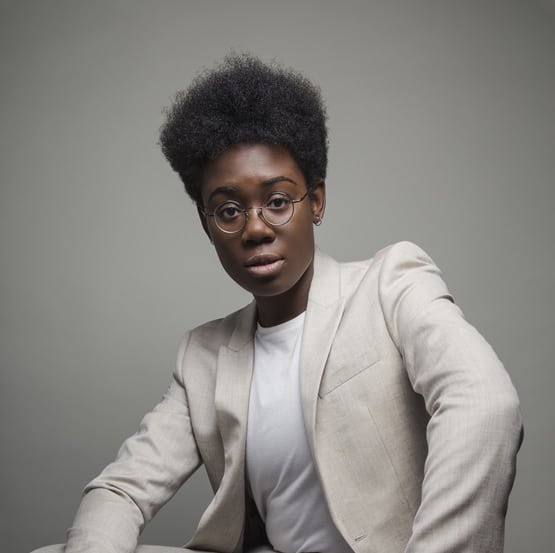
(Christa Holka)
Dr Ronx currently lives in London, having worked for the NHS since graduating from medical school eight years ago.
“I never hide my sexual orientation or gender identity.” says Ronx. “People who know that I’m queer, know that I’m queer.”
Ronx is a positive queer black role model, especially for young people, and recalls a particular encounter with a girl who asked if gay women should get smear tests.
The girl asked Ronx during a breakout session at her school, providing an opportunity for further discussion about gay women’s health.
“I get amazing opportunities to talk to young people.” beams Ronx.
“I often find that people are comfortable talking to me about important, but potentially personally embarrassing medical subjects.”
Despite these positive experiences, Ronx has encountered overt and nuanced prejudice during her Emergency Department shifts.
“Patients stare at my chest all the time – I bind because I like the aesthetic.” recalls Ronx.
“When they don’t spot the bumps of breasts they look down to my groin, searching for the bump of a penis to confirm my sex, all this whilst I am tending to their medical needs.”
Ronx’s experiences have spurred her to encourage colleagues to reflect on their own attitudes.
“All our work colleagues should be mindful that our experiences of working in the NHS are not universal.” argues Ronx.
“Ignorance is not bliss, it is a conscious decision to allow prejudice and discrimination to flourish and perpetuate.”
Harry Joe
Perioperative assistant (theatre support)
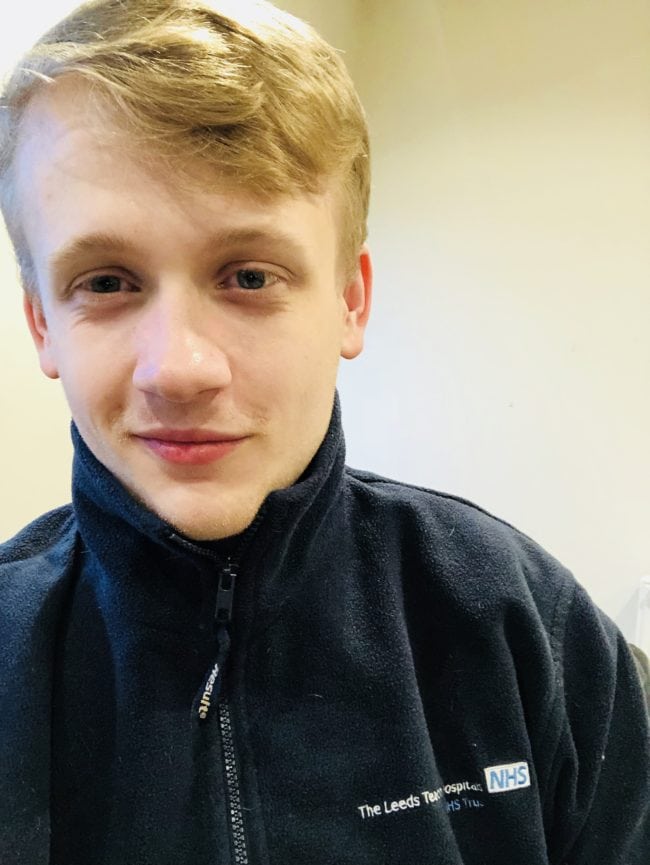
(Harry Joe)
He might be only one year into his career within the NHS, but Harry from Leeds is open about his sexuality with colleagues and has taken on an important diversity role within his team.
“I’ve always felt slightly uncomfortable about being open about my sexuality at work.” admits Harry.
Having previously worked in an environment where his colleagues were of a similar age, Harry felt apprehensive of talking about his boyfriend with his new multigenerational operating theatre team.
“My first shift I was making conversation with an operating department practitioner and she was quizzing me on who I went to see Adele with.” he recalls.
When Harry replied he’d been to see the singer with his partner, his colleague asked if he had a boyfriend.
“Turns out she’s gay and recognised me from my time on the gay scene.
“As I slowly began talking about my partner at work the reaction was normal.”
In addition to influencing the playlist at work – Spotify’s Pride playlist went down a storm – Harry has also taken on the role of Diversity Champion.
This role perhaps reflecting the NHS’s movement towards greater inclusivity in the workplace, by allocating named team members who have received additional diversity training.
Harry says that Diversity Champions “highlight the importance and commitment by the NHS to ensure we feel respect, safe and happy at work.”
Jules Lockett
Practice learning manager, control services and co-chair of the London Ambulance Service LGBT+ Network
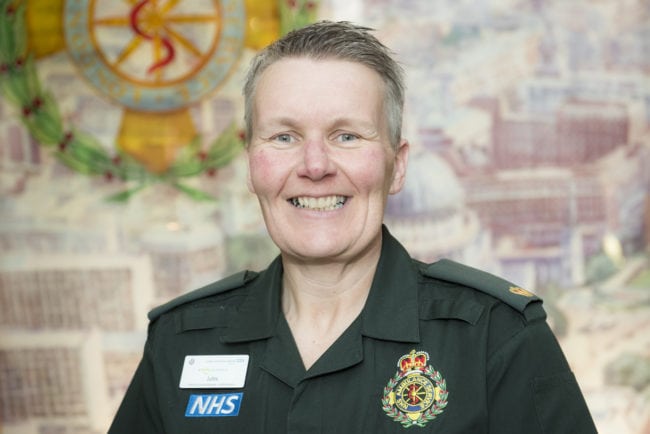
(London Ambulance Service)
Jules has dedicated 18 years to the NHS and describes being “comfortable and confident” being open about her sexuality at work.
Alongside her role, Jules is also the co-chair for the service’s LGBT+ network, supporting LGBTQ+ colleagues both professionally and personally.
“One particular moment for me has been when staff feel confident to approach us, because we wear a rainbow specific lanyard in support of the network.
“This has now been supported by many other departments in the service, by way of support to the network and its ever increasing popularity amongst colleagues.”
Jules has never felt as though her sexuality has been viewed negatively: “On the contrary, it is welcomed by all roles and ranks that we can be open and honest.”
Not only does the network provide LGBTQ+ staff with an inclusive place to work, it also allows patients to feel comfortable when receiving treatment.
“For our patients, the education that we can share across the service allows staff to feel empowered to support patients from the LGBT community.”
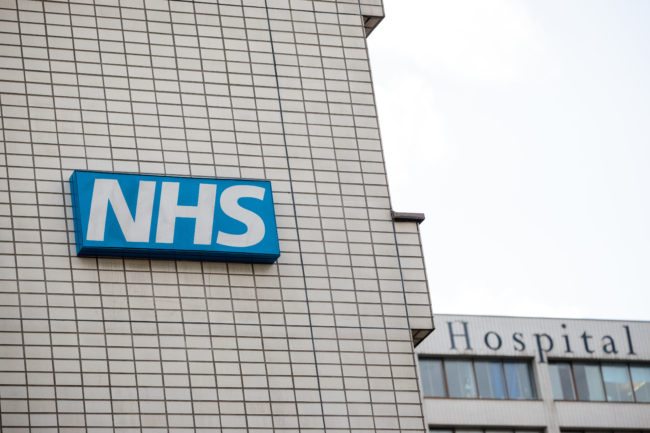
Many NHS Trusts now have LGBT Networks, amplifying the conversation about diversity (Jack Taylor/Getty)
The NHS has certainly been leading the way with regards to providing healthcare professionals and patients with an inclusive place to work and be cared for.
That being said, the road to inclusivity in the NHS is far from over.
Unhealthy Attitudes, a report by Stonewall, found that 16 percent of patient-facing staff didn’t feel confident to challenge discriminatory language at work.
What’s more, almost six in 10 health and social care staff don’t think sexual orientation is relevant to healthcare, despite higher rates of poor mental health amongst the LGBT community.
Despite these findings, the experiences of Ronx, Harry and Jules sparks hope that future generations of healthcare professionals will continue to advocate for LGBTQ+ equality for both their patients and colleagues.

